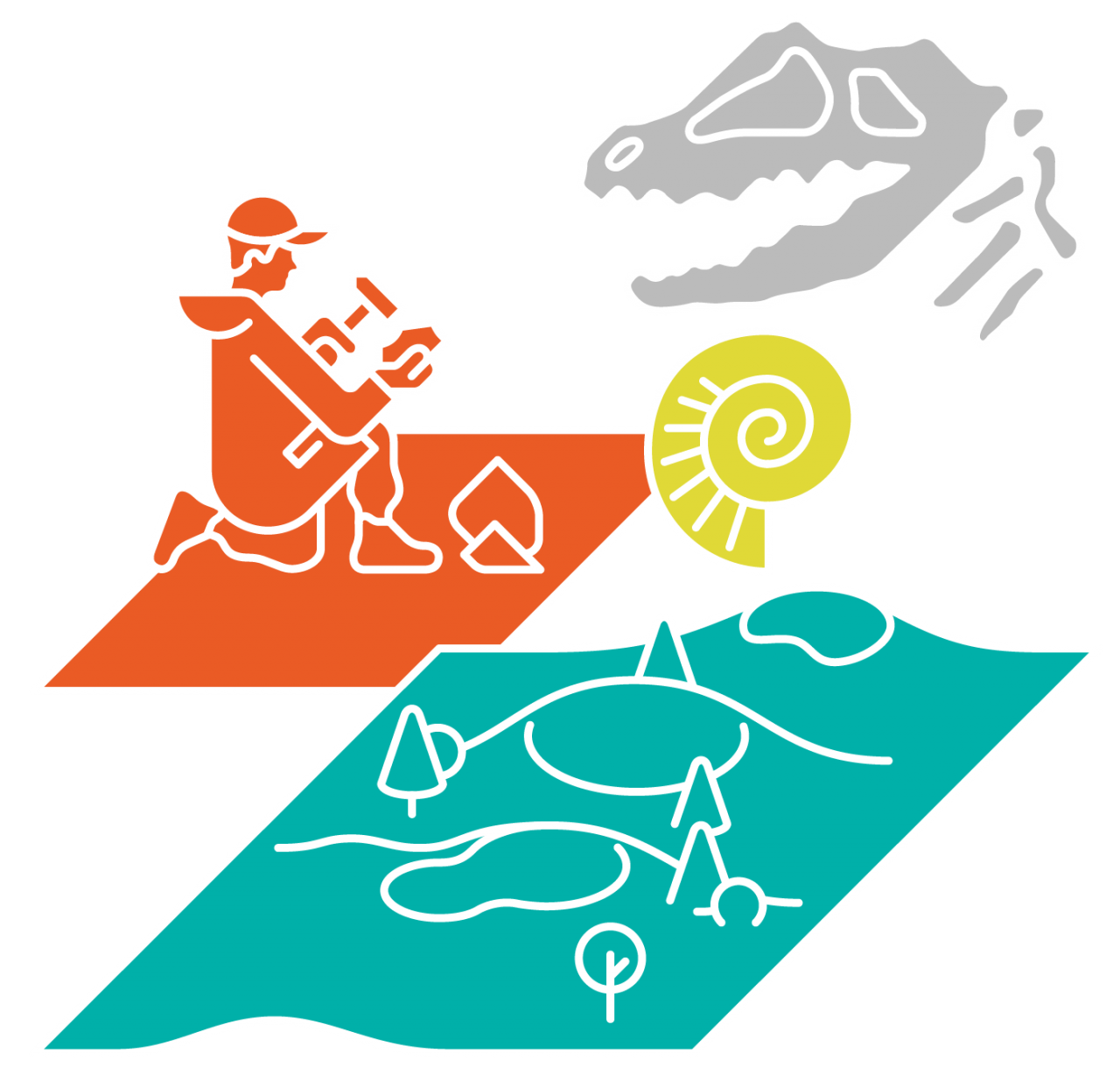Culture and Nature
Becoming a UNESCO Global Geopark

In Germany, the application process for the UNESCO Global Geopark designation is two-stage. The National Committee for UNESCO Global Geoparks in Germany plays the key role in these proceedings. Applicants must demonstrate to the National Committee that they meet a total of fifteen criteria which had been adopted by the Committee in 2016, supplementing and adapting the international criteria of UNESCO for the German context.

The criteria
Applicants for UNESCO Global Geopark status in Germany need to demonstrate the quality of their work in the fields of education and research, landscape management, geo- and nature conservation, regional development and sustainable tourism as well as international cooperation. The criteria at a national and international level stipulate clear demands in these areas. The main frame of reference for all activities and projects is the Global Sustainability Agenda 2030.
The criteria define requirements as to which areas are eligible to apply; for example, a future UNESCO Global Geopark must encompass internationally significant geoscientific landscapes and geosites. An overlap with other UNESCO designated sites must be convincingly justified. There are also guidelines for the size of a geopark. A geopark must have a management team of full-time, qualified specialists and administrative staff in a well- structured and effective administration and have sufficient financial resources corresponding to its functions and size. There needs to be a management plan with specific content whose elaboration must be based on a participatory process.
The National Committee
Applications to UNESCO are possible only with the approval and support of the National Committee. Further review follows at the international level.
The National Committee was set up by the Federal Foreign Office in April 2016 and remains under its responsibility. It responsible for all German Geoparks that are aspiring to, or have achieved designation as UNESCO Global Geoparks. The National Committee consists of leading experts from the fields of geosciences, sustainable development, tourism and education as well as representatives from the federal and state governments.
The German Commission for UNESCO supports the work of the National Committee as its secretariat. It offers comprehensive advisory support to the UNESCO Global Geoparks in Germany since 2016. It is the liaison for all inquiries regarding processes of application, quality development and revalidation as a UNESCO Global Geopark.
First stage: Application to the National Committee and Deadlines
The formal requirement for an application as a UNESCO Global Geopark in Germany is that an area has already been certified as a National Geopark. As the first formal step to commence the application process, a certified National Geopark must submit a one-page expression of interest in English to the German Commission for UNESCO by January 15 of each year. The German Commission for UNESCO provides advice, support, recommendations and information on requirements and procedures throughout the application process.
The draft application itself must be written in English and can be submitted annually by March 31 to the German Commission for UNESCO. After an application has been submitted, members of the National Committee visit the Geopark around June / July of each year. On the basis of application documents, additional statements and the outcome of the evaluatory visit, the National Committee decides whether to forward the application to UNESCO.
Second stage: Nomination to UNESCO
In the event that the National Committee forwards an application to UNESCO, a separate, international review procedure ensues. The UNESCO Secretariat checks the documents for completeness and then forwards the sections containing geological information to the International Union of Geological Sciences (IUGS) for technical evaluation.
Concurrently, an evaluation team, usually comprising two international experts, is assembled to visit the applicant area for an evaluation field mission. After completing the field mission, the experts prepare a report and submit it to the UNESCO Secretariat, which in turn submits it to the Council for UNESCO Global Geoparks for review.
The Council can then recommend that an application be accepted, rejected or deferred for a maximum of two years, such that the quality of the application can be improved in the interim.
A positive assessment of the applications by the evaluation teams coupled with a positive decision by the Council, leads to recommendations to the UNESCO Director-General. The final say is due to the UNESCO Executive Board, which endorses the nominations made by the Council.
The UNESCO Secretariat will then notify the applicant and the relevant national authorities of the decision of the Executive Board. In a best case scenario, the process, from expression of interest to ultimate recognition, takes 27 months.
Why apply for the UNESCO designation?
First, UNESCO does provide any funding to its Global Geopark; on the contrary, UNESCO requests an annual financial contribution to support geoparks in the global south. In addition there are costs for evaluation and revalidation processes and obligatory participation in international meetings. Therefore, at first glance, a UNESCO Global Geopark designation seems financially unattractive. However, at least in Germany, the UNESCO designation has resulted in considerably increased funding for all geoparks, whether from state or local governments or through better access to the private sector or EU funding.
In Germany, geoparks are not classified as protected areas, as they are not anchored in federal or state law and they do not aspire to such classification. This is in contrast, for example to biosphere reserves.
Beyond financial and legal considerations, UNESCO Global Geoparks in Germany do profit greatly from membership in international networks (Global Geoparks Network and European Geoparks Network) and their national association, the Forum of German UNESCO Global Geoparks. These memberships create opportunities for cooperation and knowledge transfer. The German Commission for UNESCO, UNESCO and the geopark networks work together to amplify the visibility of the geoparks and augment publicity efforts.
There is also empirical evidence from Germany that the title UNESCO alone will attract additional visitors.

